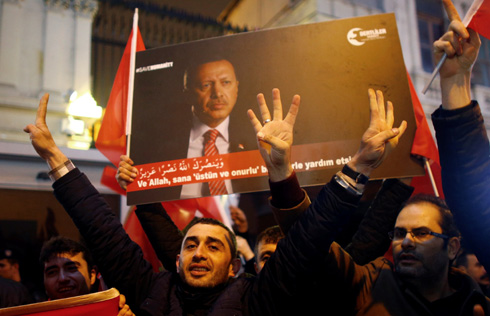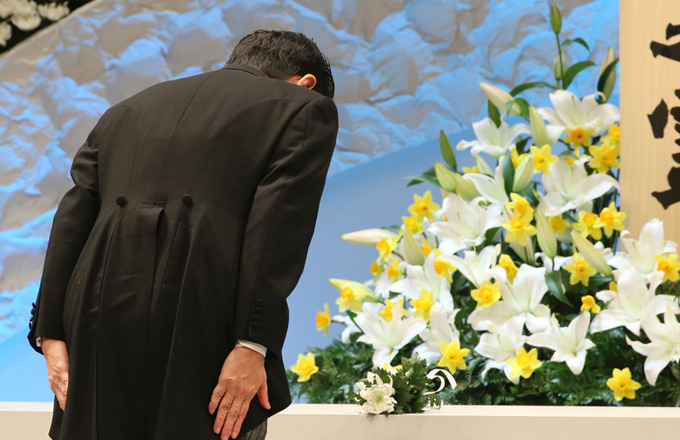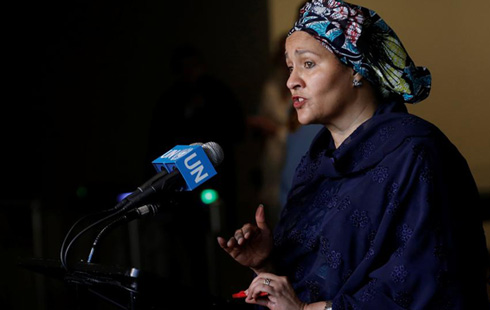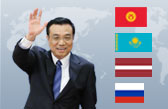Soccer is really a shared language
Starting this month, more than a million Chinese students will see a daily video message from soccer star David Beckham.
|
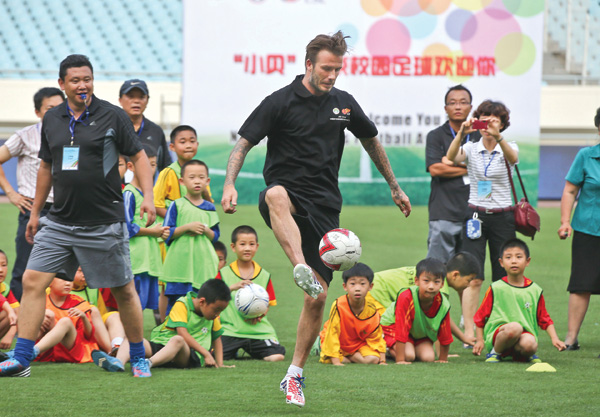 |
|
Ex-England player David Beckham inspires pupils in Nanjing in June 2013 as global ambassador for Chinese soccer.??[Photo/Xinhua] |
"If you practice every day, you will get better," the former Manchester United and England star will say. "Best wishes to China's future football stars."
The clip will introduce a series of soccer technique videos produced by China's Ministry of Education that are aimed at inspiring and instructing the nation's next generation of players. Beckham's inclusion is the latest example of the shared interest in sport between China and the United Kingdom.
With the Chinese Super League outspending its European rivals before the start of its 2017 season, Chinese investors now have major interests in several English soccer clubs, including Manchester City, West Bromwich Albion, Aston Villa, and Birmingham.
Many Britons remember President Xi Jinping's visit to the UK in 2015, when he visited Manchester City's Etihad Stadium. The visit preceded a flurry of UK-led grassroots development programs in China, part of Xi's plan to establish China as a power in world soccer.
While Xi is a self-confessed soccer fan, his ambitions are calculated. Soccer is the world's game and China has long understood the role sport can play in international relations.
Professor Donna Lee, dean of social sciences at the University of Bradford and co-author of Soft Power, Sports Mega-Events and Emerging States, said sport is an important international relations instrument.
"In hosting the Olympics, China was able to cement its position among the world's leading economies," she said.
China passed the Olympic torch to Britain, which used the 2012 London Olympics to project an aura of creativity, efficiency and achievement.
Former British ambassador to China Sebastian Wood said the Games "helped move the dial on perceptions of the UK brand. Many Chinese people now associate us strongly with creativity as well as tradition and 'English gentlemen'."
Sport was a focal point of the British Council's Think UK initiative that showcased British innovation and creativity in China in 2003. According to Kerry Brown, professor of Chinese studies at King's College, it was a watershed year for British sport in China: Beckham became a household name, Manchester United opened a chain of shops, and the foundations were laid for the inaugural F1 Grand Prix in Shanghai in 2004.
China responded with its own China Now initiative, to coincide with the 2008 Beijing Olympics, promoting Chinese culture across the UK.
The business opportunities provided by the Sino-UK sporting relationship are real. In addition to Chinese investment in English soccer, British investors are looking to invest in Chinese soccer. Last year, Sky Sports bought the rights to the Chinese Super League, and the Premier League secured its biggest ever overseas TV rights contract with Chinese digital broadcaster PPTV.








